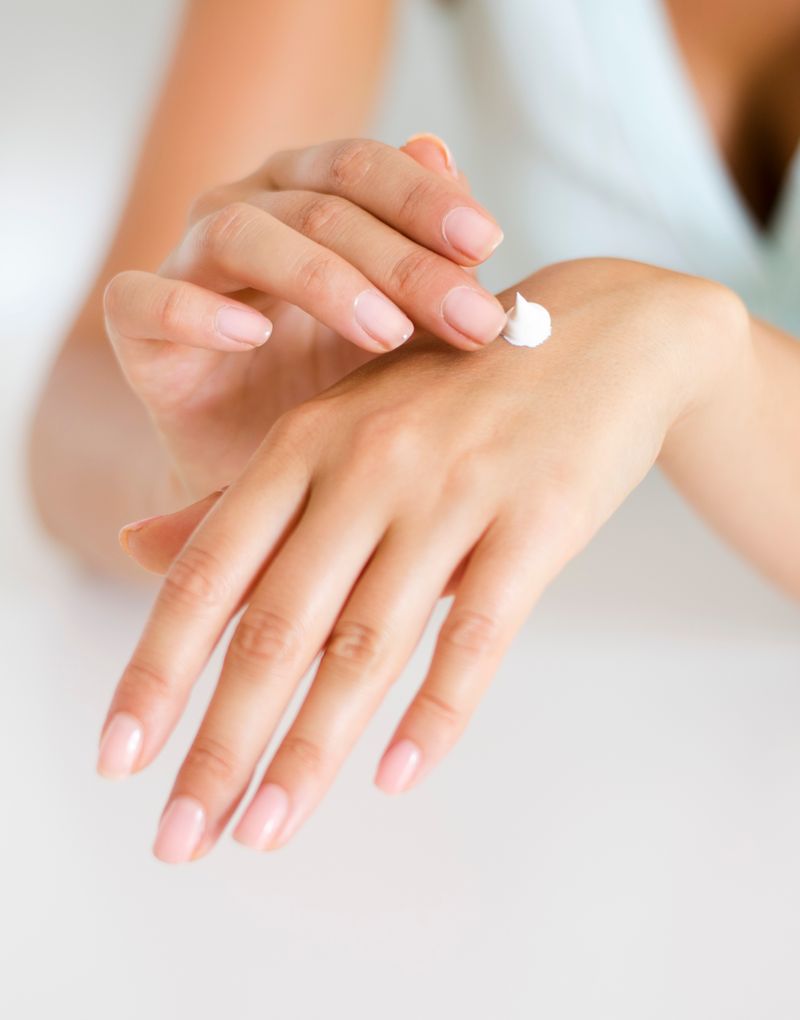Chris Evans: Radio DJ reveals skin cancer diagnosis
Early Detection: A Lifesaver
DJ Chris Evans, one of the most well-known presenters in the country, has shared the news of his skin cancer diagnosis. Evans, 57, made the announcement on his Virgin Radio show, emphasizing the importance of early detection and urging listeners to get themselves checked. He revealed that a masseur had noticed a mark on his shin, prompting him to undergo testing for skin cancer. Thankfully, the cancer was caught at an early stage, giving him a positive prognosis.
Evans’ experience serves as a reminder of the significance of early detection in the fight against cancer. Skin cancer, particularly melanoma, can be highly treatable if detected early. However, left untreated, it can spread to other parts of the body, making it critical for individuals to regularly examine their skin and seek medical attention if any suspicious changes occur.
The Journey of Skin Cancer
Melanoma, the type of skin cancer Evans has been diagnosed with, is not the most common form, but it is one of the most serious. It arises from abnormal skin cells that grow uncontrollably due to DNA damage. While it is more commonly seen in older individuals, it can affect people of all ages, including teenagers and young adults. It is essential for individuals to be aware of the warning signs, such as moles that itch, bleed, or have irregular shapes, which should prompt them to seek medical attention immediately.
It’s worth noting that melanomas can appear on visible areas of the skin, but they can also develop in less obvious locations such as the nose, mouth, anus, vagina, and even the eyes. This highlights the need for comprehensive self-examinations and regular check-ups with healthcare professionals.
The Role of Sun Damage
Sun damage is a significant contributing factor to skin cancer, and individuals with fair or pale skin are at higher risk due to their reduced levels of melanin, the protective pigment in the skin. However, it is crucial to recognize that people of all skin tones can develop skin cancer. To reduce the risk, it is recommended to use sunscreen and take appropriate sun protection measures such as wearing hats, seeking shade, and avoiding peak sun exposure hours.
Editorial: Prioritizing Healthcare Access and Early Intervention
A Call for Timely Treatments
Evans’ case sheds light on the challenges faced by many individuals in accessing timely cancer treatments. Another skin cancer patient recently shared their experience of waiting nine months for treatment, causing significant distress and anxiety. The National Health Service (NHS) has cited backlogs due to the COVID-19 pandemic and a surge in serious cancer cases as the reasons for delays.
The NHS is now considering reducing the number of cancer waiting time targets in England to improve early detection rates. By streamlining the targets and focusing on the most critical aspects, it aims to catch cancers earlier and ensure prompt treatments. However, it is essential for the NHS to address the underlying issues leading to these backlogs and work towards providing sufficient resources and support to meet the growing demand for cancer services.
Raising Awareness and Empowering Individuals
The key to combating cancer lies not only in the hands of healthcare providers but also in empowering individuals to take control of their health. Evans’ public disclosure of his diagnosis serves as a powerful reminder for people of all ages to prioritize self-examinations, seek medical advice promptly, and advocate for their own well-being.
It is crucial for public health campaigns to raise awareness about the signs and symptoms of various cancers, including skin cancer, and provide accessible resources for early detection. Additionally, there is a need for increased education on sun protection measures and the importance of regular screenings, especially among young people who may not be aware of their vulnerability to skin cancer.
Advice: Taking Charge of Your Health
Regular Skin Examinations
Performing regular self-examinations of your skin is a simple yet effective way to detect any changes that may indicate the presence of skin cancer. Here are some tips for conducting a thorough examination:
1. Use a well-lit room or natural daylight to ensure clear visibility.
2. Start by examining your face, including the nose, lips, and ears.
3. Move on to your scalp, parting your hair to check for any suspicious moles or spots.
4. Check your neck, chest, and shoulders, ensuring you inspect the areas between your fingers.
5. Examine your arms, including the upper and lower surfaces, as well as the palms and nails.
6. Carefully assess your back using a mirror or seek assistance from a family member or friend.
7. Inspect your legs, focusing on the front, back, and soles of your feet.
8. Finally, examine the genital area, as well as the buttocks and between the buttocks.
Seek Medical Attention
If you notice any new or changing moles, spots, or other skin abnormalities during your self-examination, it is crucial to seek medical advice promptly. Remember that early detection greatly increases the chances of successful treatment and recovery.
Embrace Sun Protection
To reduce the risk of skin cancer, it is vital to adopt sun protection practices. This includes:
1. Applying sunscreen with at least SPF 30 regularly and reapplying every two hours, especially when outdoors.
2. Wearing protective clothing, such as hats, sunglasses, and long-sleeved shirts.
3. Seeking shade during peak sun hours (usually between 10 am and 4 pm).
4. Avoiding the use of tanning beds and sunlamps, as they emit harmful UV rays.
By incorporating these practices into your daily routine, you can take an active role in safeguarding your skin health.
Conclusion
Chris Evans’ revelation of his skin cancer diagnosis serves as a poignant reminder of the importance of early detection and timely interventions in the battle against cancer. His message resonates with individuals of all ages, emphasizing the need for regular self-examinations and medical check-ups to identify potential health concerns promptly.
Public awareness campaigns and accessible healthcare services are crucial in empowering individuals to take charge of their health. By prioritizing early detection, advocating for timely treatments, and embracing sun protection practices, we can collectively work towards reducing the burden of skin cancer and improving the overall well-being of our communities.

<< photo by Linda Prebreza >>
The image is for illustrative purposes only and does not depict the actual situation.
You might want to read !
- Spotting the Signs: Understanding Bowel Cancer
- Logan Paul Walks out of Oppenheimer: A Closer Look at Celebrity Stunts and Corporate Responsibility
- Royal Critique: Sir Geoff Hurst Takes Aim at Prince William’s World Cup Involvement
- “Why the Royal Family’s Absence from the World Cup Final was a Missed Opportunity”
- “Punishment Served: Lucy Letby Receives Life Sentence as a Nurse”
- “Delta Goodrem’s admiration for Kylie Minogue: An inspirational connection”




